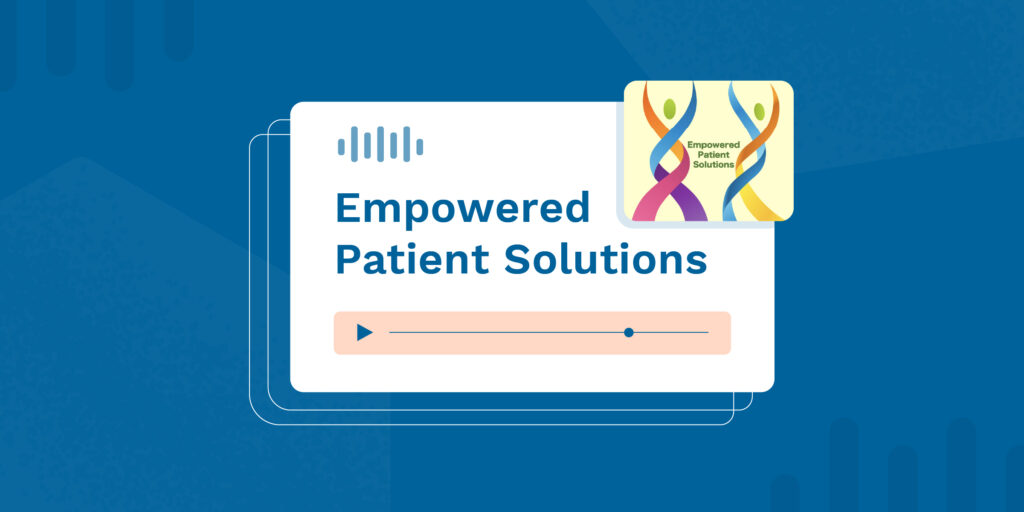Nurses country-wide power the United States healthcare system with crucial, frontline care. In healthcare practices, medical groups, and hospitals everywhere, nurses are responsible for charting patient information, biometrics, symptoms, and medical histories that physicians use during appointments. Technology that enables easier, more accurate patient information and record management plays a significant role in health outcomes, by helping make physician time more productive and more effective.
Across the board, nurses are generally the power users of their Electronic Health Records (EHRs). According to Rosemarie Nelson, principal of the MGMA Consulting Group, nurses account for almost 75% of chart use, while physicians make up the other 25%. And when you consider the number of nurses across the United States—more than 4.3 million Registered Nurses (RNs) in 2023—this cohort is an important EHR consumer.
Fortunately, most nurses report being satisfied with their EHR experiences. In fact, as of 2022, 59% of nurses are having positive EHR experiences, compared with just 16% of physicians. Not only that, but nurses tend to be more confident about their ability to use the Electronic Health Records system than their physician counterparts, with 78% of nurses feeling confident compared to only 56% of doctors feeling confident.
Why should nurses be enthusiastic about their Electronic Health Record system?
Nurses believe that EHRs are beneficial to patient safety and quality of care. Not surprisingly, 71% find their EHR far superior to paper-based medical records, despite spending approximately one-third of their time recording documentation.
Nurses are also more than twice as likely to be satisfied when the EHR includes advanced functionality, such as electronic prescribing and clinical decision support tools.
Another factor for nurses is the amount of EHR training provided. Compared to 64% of physicians, 72% of nurses say they received enough training to use their EHR effectively. Similarly to medical school curriculums, as of 2019, EHR training is being added to nursing school curriculums, with an EMR project being “built by a graduate student in health informatics in the School of Informatics and Computing at IUPUI … currently being tested by Franciscan Health for use in its nurse simulation lab.”
When nurses are involved, your EMR/EHR implementation is more successful
When nurses embrace EHR technology, it greatly increases the effectiveness of their software system and the overall productivity of their practice. Research shows that 50% of EHR implementations fail when nurses are not willing to use their software. As expected, the longer nurses work with an EHR, the more comfortable they become and their willingness to utilize it grows. Also, as nurses become more accepting of their EHR software, they are more likely to encourage others in the practice to use it.
Research shows that 50% of EHR implementations fail when nurses do not accept or are not willing to use software.
From “Nurses’ Attitudes Toward the Use of an Electronic Health Information System in a Developing Country” by Basma Salameh, PhD, RN, Linda L. Eddy, PhD, RN, ARNP, and Shorook Jaser, RN
Providers in the market for new EMR software should understand that nurses in your practice can add significant value during the evaluation and selection process. Currently, only 25% of nurses are active participants in the EHR buying process. However, since nurses play such a large role in charting and health records, getting them more involved in the decision means a greater chance that the software will fit your practice needs.
RXNT’s intuitive, feature-rich EHR makes workflows easier and more productive for all members of your organization, particularly nurses. Starting your own practice? Get helpful tips about software, risk management, and revenue growth from our New Practice guide.




